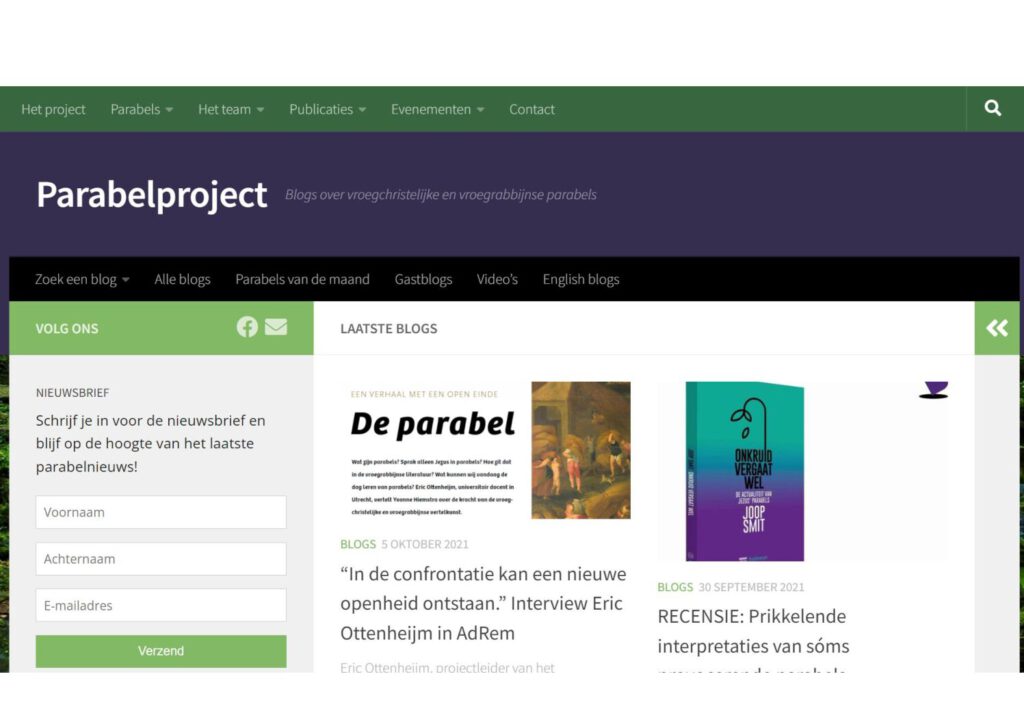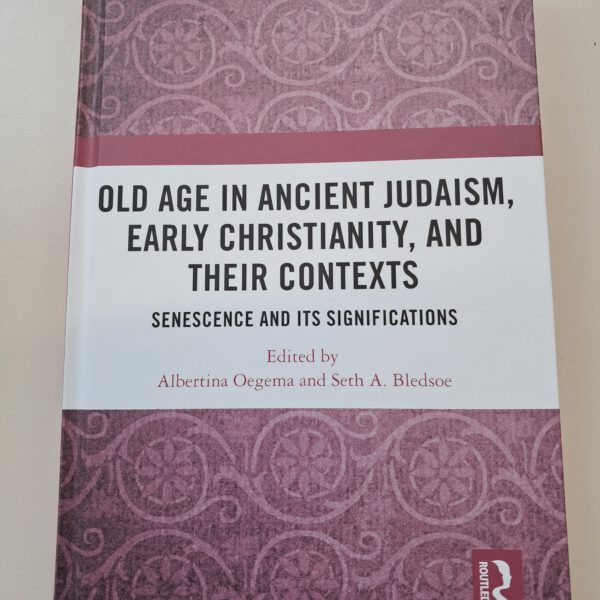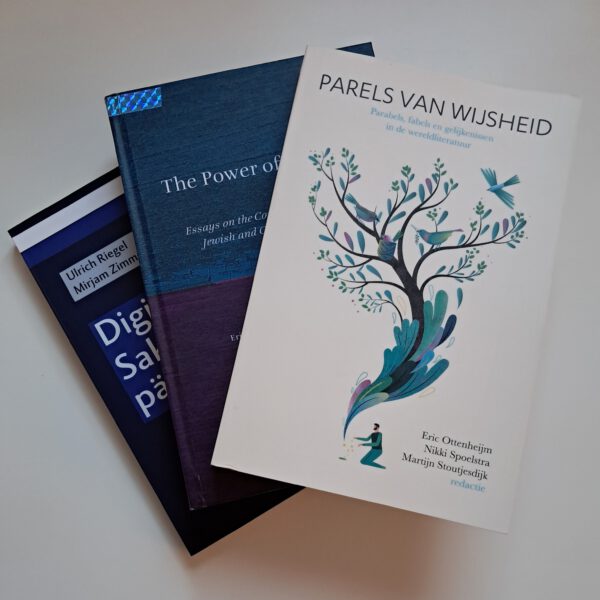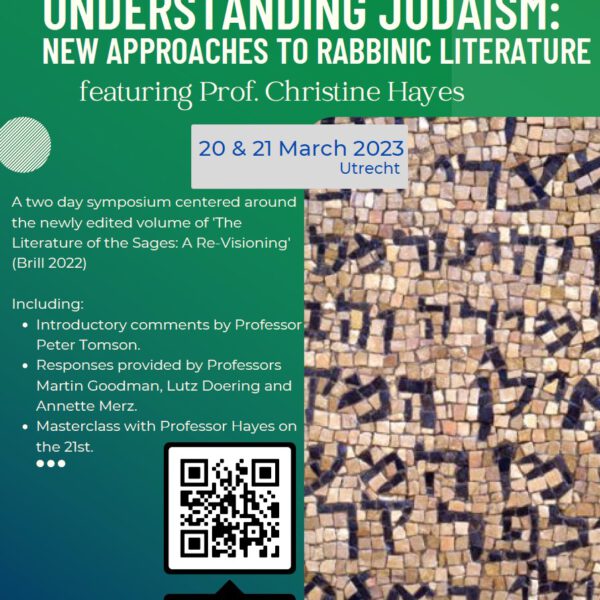Dissertation Project “Fathers and Sons in Early Rabbinic Parables”
In my dissertation (Utrecht University, 2021, cum laude), I examined the relationship between children and their parents in parables from 3rd/4th-century writings of rabbinic Judaism. These parables (meshalim in Hebrew) consist of a short, realistic narrative that, in the application, sheds light on an interpretative issue in the Hebrew Bible. Parents and children, mostly fathers and sons, frequently make an appearance in the parables’ narratives. They generally represent the relationship between God and the people of Israel in the application.
An example of an early rabbinic parable
“The cucumbers …” (Numbers 11:5).
R. Shimon says: The manna changed for them into everything they desired except for the five kinds [the plant products mentioned in Numbers 11:5].
A parable. To what is the matter similar? To a king of flesh and blood who handed over his son to a pedagogue. And he sat down and commanded him: “I beg you, he may not eat bad food and he may not drink bad drink.” And yet that son complained to his father saying: “It is not because he loves me but because he does not want that I eat it.” (Sifre Numbers 87, translation A.O.)
The parable above is a typical example of a rabbinic parable. After a quotation from the Hebrew Bible (about Egypt’s food products the Israelites long to eat in the desert), a brief explanation by a rabbi follows. This introduction is followed by the actual parable. In this parable, Israel is compared to a son who questions his father’s good intentions in prohibiting his pedagogue from feeding him with bad food and drink. Usually rabbinic parables end with a brief return to the biblical text (the application), but this is absent from the present parable. Yet, the message is clear: by complaining about God’s one-sided manna menu in the desert, Israel is indirectly questioning God’s good intentions in prohibiting the manna from transforming into those products. What may God’s intentions have been? Possibly, God aimed to prevent Israel from remembering their pre-Torah life in Egypt.
In these parables, the parent-child relationship is characterized by a complex negotation between the authority of the father and the agency of the child. While the father, with his exercise of authority, influences how much space the child has to speak and to act, the child, with his/her behavior, affects the perception and performance of his/her father’s masculine honor and authority. One of the underlying questions of early rabbinic parables is whether the child will acknowledge his father’s authority and behave according to his standards and values, or not. Emotions color the parent-child relationship in diverse ways.
With this dynamic relationship between parents and children, rabbinic parables give expression, in their applications, to the interaction between the authority of God and the agency of Israel. By implicitly or explicitly (dis)approving of the child’s behavior in the parable, the rabbis direct their audience’s judgment on Israel’s attitude in the application and indirectly let them know what attitude toward God is or is not permissible.
My dissertation project was part of the NWO-funded research project “Parables and the Partings of the Ways.” Within this project, early Christian and rabbinic parables were collected, translated, and compared with each other in order to learn more about the separation between Judaism and Christianity in the first centuries CE. The website of our “Parable Project” (incl. interesting blogs!) can be accessed here.





